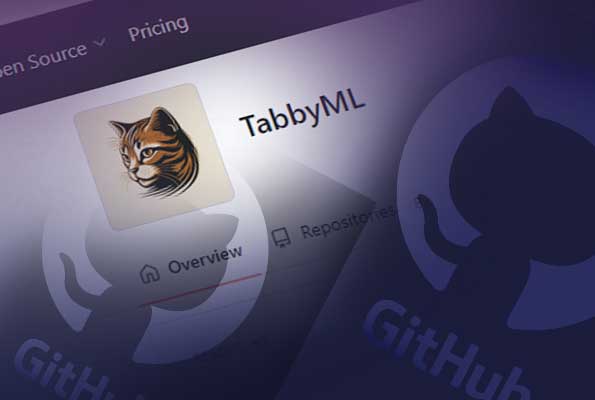Microsoft is reportedly spending up to USD 80 per user each month on GitHub Copilot as the corporation struggles to earn a profit on its AI helper.
The data, according to a source in the Wall Street Journal, is apparently from an unnamed person familiar with the business who stated that in the first few months of 2023, the Microsoft-owned platform was losing USD 20 on average per user each month.
Whether conditions have changed since then is unclear, and the business did not immediately respond to our request for more information.
Microsoft’s profitability has been investigated in the past. Unredacted court filings revealed in June that Azure was actually turning out to be much less profitable than AWS.
GitHub Copilot uses GPT models from OpenAI to help with resolving code issues. Microsoft famously invested billions in the AI startup and has since used its models to power countless other AI tools across its businesses.
One such tool is Microsoft 365 Copilot for its office software, which users must pay USD 30 per month for, which is significantly more expensive than office software-only subscriptions without assistance from AI.
Models used by artificial intelligence can compute billions of parameters very quickly, but they consume a lot of resources, including power and water for cooling. To tackle this, data centres that are already being scrutinized for their environmental effects are outfitted with stronger (and more expensive) components.
Various businesses have implemented various measures to reduce spending, such as placing limits on the number of prompts that one employee may use in a given month.
For the time being, however, it appears that GitHub Copilot may be significantly underpriced and is demonstrating good value, at least for consumers.
Meanwhile, TabbyML, built by two ex-Googlers, has now secured USD 3.2 million in seed funding to work on its open-source code generator. TabbyML is seen as GitHub’s rival, as in contrast with the latter’s Copilot, the startup is now providing a self-hosted coding assistant with the advantage of being highly customizable.
“We believe in a future where all companies will have some sort of customization demand in software development,” the startup’s co-founder Meng Zhang told TechCrunch.
“There are probably more mature and complete products in the proprietary software space, but if we compare an open source solution with GitHub’s OpenAI-powered tool, there are more limitations to the latter,” the official added further.
“Open source software particularly meets the needs of bigger enterprises,” suggested TabbyML co-founder Lucy Gao.
“While independent developers might incorporate open source code in their projects, engineers within enterprises are often pulling code that is proprietary to the organizations and hence out of reach for Copilot. For example, if my colleague just wrote a line of code, I can quote it immediately [by using TabbyML],” Gao explained the idea behind the venture further.
While AI-powered code generators come with the possibility of being riddled with bugs, Gao dubbed the challenge as a “relatively easy to address” one in the case of a self-hosted solution.
“Every time users choose not to incorporate TabbyML’s suggestions or make edits to its auto-filled code, the AI model finetunes based on that information,” reported TechCrunch about the product.
Code generators have been designed to assist human programmers. In June 2023, GitHub released a survey showing that Copilot users accepted 30% of the suggestions generated by the coding assistant.
Google recently announced that 24% of its software engineers were experiencing more than five “assistive moments” a day using its AI-augmented internal code editor Cider.
TabbyML, launched in April 2023, was assisted by investors like Yunqi Partners and ZooCap, during its latest funding round.
Zhang also told the media that OpenAI would face increasing competition from other AI models in the coming days as the latter becomes more powerful and the computing power costs decrease over time.
“The advantage of GitHub and OpenAI stems from their capability to deploy AI models with tens of billions of parameters through the cloud. Though the serving cost of such large models is higher, Copilot has so far managed to mitigate expenses to some extent by request batching,” Zhang said.
TabbyML aims to lower this AI deployment barrier by recommending models trained on 1-3 billion parameters, an approach that inevitably results in lower quality in the short term.
“However, as the cost of computing power goes down over time and the quality of open source models continues to improve, the competitive edge of GitHub and OpenAI will eventually diminish,” Zhang concluded.



